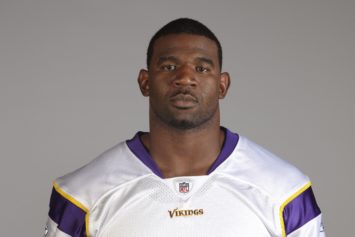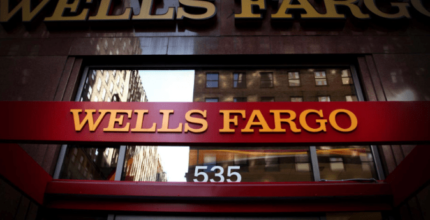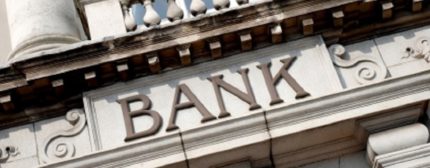Federal regulators are going after some of the nation’s biggest lenders to force them to stop harassing consumers with questionable—and in some cases illegal—debt collection practices.
The Consumer Financial Protection Bureau will be announcing at a hearing today that the Dodd-Frank financial overhaul law gives it the power to go after lenders who abuse the rules by employing “unfair, deceptive or abusive acts,” according to a story in the New York Times.
“It doesn’t matter who is collecting the debt — unfair, deceptive or abusive practices are illegal,” Richard Cordray, the agency’s director, said in a statement.
In a major development, the Federal Trade Commission yesterday won a $3.2 million penalty against Expert Global Solutions, the world’s largest debt-collection operation, over claims that the firm harassed consumers.
In addition, the Office of the Comptroller of the Currency, a chief bank regulator, is in the midst of an investigation into the possibly abusive way banks like JPMorgan Chase collect credit card debt.
This confluence of attention on this matter may bring some relief to consumers who are stalked by these collection agencies.
According to the Times, debt collection practices of banks and lenders have long existed in a “regulatory gulf” because the federal law that governs how companies pursue consumers behind on their bills does not apply to firms that are trying to recoup money that they lent directly to a consumer.
This has given lenders like Capital One and department stores like Macy’s free rein in how they operate, allowing them to hound consumers behind on their bills with repeated calls, even though the practice is restricted by the Fair Debt Collection Practices Act.
In the JP Morgan case, the regulator spotted errors in roughly 9 percent of monetary judgments — the dollar amount the bank sought from consumers — won through collection lawsuits filed from 2009 to 2011, sources told the Times.
Though JPMorgan declined to comment, the bank has been cooperating with regulators to fix the issues raised in the lawsuits. According to sources, in roughly 90 percent of the flawed judgments, the consumers did not pay the full amount.
JPMorgan even stopped filing new credit card lawsuits in 2011 because of concerns that some of the underlying documentation was flawed.
As the nation moves away from the financial crisis, fewer customers are falling behind on their bills, moving lenders to try to reduce the number of bad loans on their books.
“It’s a huge problem where creditors and debt buyers are mass-producing fraudulent documents,” said Susan Shin, a lawyer at the New Economy Project, which works with community groups in New York.
Judges and lawyers say some lawsuits are based on erroneous documents that have been quickly thrown together to make up for critical paperwork that is missing, such as payment histories or original contracts.
Rogerio Normanilson, 56, told the Times the calls that he received from collectors for Macy’s — sometimes four times a day — caused him crippling stress and aggravated his health issues, including HIV.
As state and federal agencies focus in on these practices, last year, five of the nation’s largest banks reached a $26 billion deal with 49 state attorneys general over claims the lenders wrongfully seized homes.
Scrutiny is now moving from mortgages to credit cards. According to the experts, because borrowers sued over credit card debt rarely show up to defend themselves, more than 95 percent of lawsuits result in a default judgment, an automatic win for the lender.
Those judgments can be devastating, according to the Times, entitling the lenders to garnish a consumer’s wages or freeze bank accounts.
In New York, the judgments are good for 20 years and accrue annual interest of 9 percent. And to make matters worse, sometimes borrowers do not even realize that they have been sued until a lender wins a default judgment.
Dianne Carr, 68, who lives in New York, told the Times said she had no idea that Capital One was suing her over old credit card debt until she went to a credit counselor last year. She said it was too late to fight back.
“It feels so bad,” said Carr.
The FTC said the case against Expert Global Solution and its subsidiaries was the largest civil penalty ever obtained by the agency against a third-party debt collector.
The companies were accused of violating the FTC act and the Fair Debt Collection Practices Act by calling consumers several times a day, even after being asked to stop; calling early in the day or late at night; calling consumers’ workplaces; and leaving phone messages that disclosed the debtor’s name and existence of the debt to third parties.
With 32,000 employees, the companies recorded more than $1.2 billion in revenue in 2011, the FTC said.


